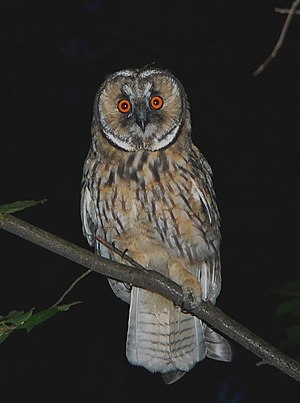In English, many of the words beginning with C are functional: computer, cache, company, clergy, clerk, calculate, commission, court, capitalism, communism, cashier, capacity, cardigan, consecration and catalogue. On the down side, people can be callous, cunning, cruel and cantankerous. But on a brighter note, they can also be charming, cheerful, cute and carefree. And we love comedians and chefs. There is a great collection of C words among Bernardo’s culinary faves: chocolate, caramel, cream, creme brulées, coconut, cashew nuts, chutney, casseroles, chicken, calamari, croissants, (Portuguese) custard tarts, and coffee. Yes, bring me the coffee! So, what interesting C words have we found in the five Romance languages?
PORTUGUESE: uma cacaborrada. I like this word because it sounds like the cry of a kookaburra (kookaburra being an Australian bird with a very distinct cak-cak-cak-cak-cak cackle). It could almost be the Portuguese word for kookaburra but it’s not; it’s a vulgarism meaning a piece of stupidity, a blunder, foolishness, bungling or nonsense. I think it sounds better, too, if you use the Brazilian Portuguese accent. The Brazilians would spit out the word, saying it more emphatically. 🙂 It might be related to the word caca, which means excrement.
ROMANIAN: o clipă. This is a useful word to have in your vocab: it means, a moment, an instant, a while. For example, mă intorc într-o clipă means I’ll be back in a moment. If someone says that, particularly someone in the service industry, of course you will know that they are going to be away for a long time.
ITALIAN: circondare. This ordinarily means to surround or encircle, but there are some nice expressions using this verb, such as circondare qualcuno di attenzione or di cure, which mean to be very attentive towards, or to give someone the best attention. What blogger doesn’t fancy the idea of being surrounded or encircled by people’s attention?
SPANISH: una cubretetera (tea cosy) has a quaint, old-fashioned ring to it, don’t you think? While we are at it, un cubrehuevos is an egg cosy, and un cubrecama is a bed cover. Derived from the verb cubrir, to cover.
FRENCH: un or une couche-tard is a night owl (masculine or feminine depending on the type of owl), while un/une couche-tôt is a person who goes to bed early. I am definitely a tard, not a tôt. These are related to the verb coucher, to sleep, and probably the best known French expression among people who speak no French is Voulez-vous coucher avec moi ce soir? (Do you want to sleep with me tonight?) Une coucherie is a casual sexual encounter. So, here is a philosophical question: if you were going to have une coucherie, would you rather have it with a couche-tard or a couche-tôt?
Cheers, comrades.


